Spin 96 - Proceedings Of The 12th International Symposium On High-energy Spin Physics
Experiments using highly polarized intense beams and targets, and theoretical studies of spin and polarization phenomena, are now providing us with numerous additional details of the electroweak and strong interactions and the structure of matter. The spin structure of the nucleon has been measured over wide ranges of kinematic variables, and the cross sections have been calculated to several orders in perturbative field theory. At present, the influence of the higher twist contributions, the gluon spin, and the quark orbital angular momentum are under scrutiny. Quantum chromodynamics (QCD) captures a lot of our experimental knowledge of hard polarized scattering processes. Can our understanding of such processes within QCD be further improved?Hyperons produced in high energy reactions show how puzzling strong interactions between hadrons still are. Spin observables in experiments at intermediate energy are used to test parity and charge symmetries. Will they also reveal, at low energy, a violation of time reversal symmetry? We are on the verge of using parity violation measurements at intermediate electron scattering energies to determine the amount of strange quark contributions to the neutral weak form factor of the nucleon. The polarization of the sea quarks is expected to be measured soon in W± decays produced in high energy polarized proton interactions. Will the jets in polarized Z⁰ decays show a definite handedness? These and many other topics are discussed in these proceedings.
{{comment.content}}
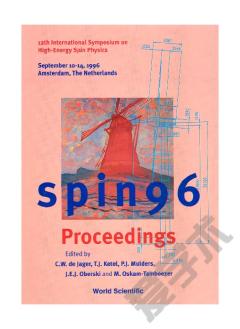
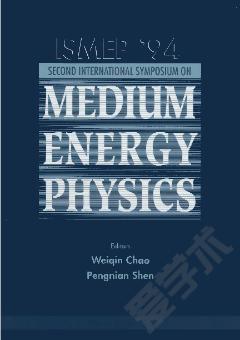
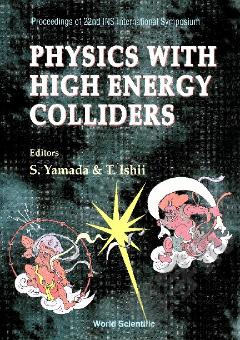

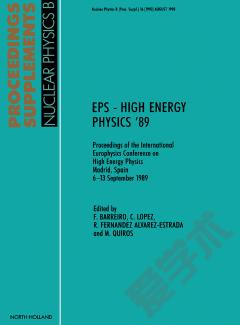
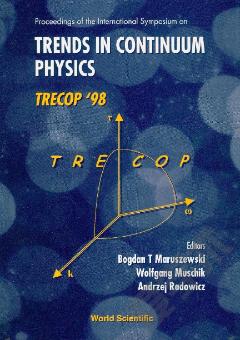
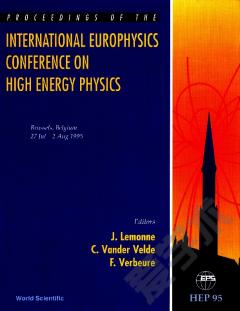

 京公网安备 11010802027623号
京公网安备 11010802027623号